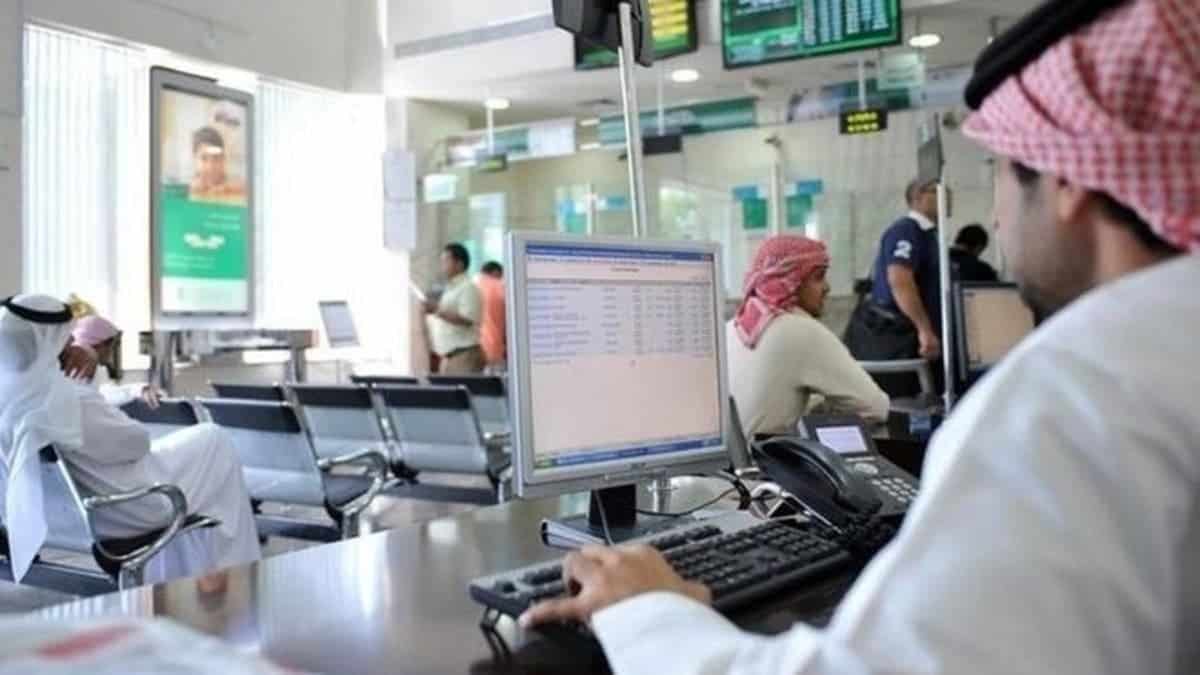It is well known that GCC banks stayed on track during and after COVID-19, and their financial performance is growing again. But despite this, many innovative solutions are still needed to be transformed into a thriving online banking experience for residents.
Why is digitization essential for banks? First, to maintain economic activity through crises like the COVID-19 pandemic.
Second, this allows financial institutions to serve their clientele better. This provides convenience to customers and helps in saving time.
Third, human mistake is reduced thanks to digitalization, increasing consumer loyalty.
GCC banks prove resilience
Dr Mohamed Damak, Senior Director and S&P Global Head of Islamic Finance, confirmed in an interview with TRENDS: “Banks in the GCC have proved resilient to the pandemic owing to years of investment in their technological capabilities, which helped them to shift their activity online without significant disruption.”
In addition to the investment in technology, Damak talked about an important and influential trend in GCC banks: reducing physical networks and shifting some staff to more cost-effective locations.
He also expects this trend “to continue and foresee some positive impacts on banks’ efficiency.”
Online shopping and money transfers are the preferred payment methods for the typical GCC retail customer. But on the other hand, Damak claims that we don’t yet know what effect this preference will have on people’s propensity to make loans and deposits.
At the same time, Damak added: “When it comes to corporate banking, the preference appears to be on the physical interaction rather than online. However, corporates still value the advice and the added value they get from their interactions with their banks”.
While if we compare with Europe and U.S., for example, GCC regulations on consumer protections are less advanced, as Damak mentioned.
UAE leads in fintech
The United Arab Emirates has the most significant financial technology market in the MENA region, with a 2022 value of roughly US$ 2.5 billion, according to data published by the UAE Ministry of Economy on June 4, 2022.
The leading sectors in manufacturing, retail, financial, and banking services, as well as private firms, are driving the increased need for data management and analysis services in the UAE.
Also, a report from March 2021 by the US-UAE Business Council found that the UAE is the primary funding source for fintech firms across the MENA region.
The study concluded that the Abu Dhabi Global Market and the Dubai International Financial Center, two economic free zones, were significant contributors to the growth of the financial technology sector in the United Arab Emirates.
She said that by establishing new projects and emphasizing AI, the Abu Dhabi Global Market and the Dubai International Financial Center had created an atmosphere that attracts investment and fosters innovation in financial technology.
According to the research, the United Arab Emirates is home to nearly half of the region’s financial technology startups.
Saudi Arabia aims to develop fintech
The number of financial technology businesses in the Kingdom climbed by 37 percent in 2021, according to data from Saudi Fintech, one of the projects of the Financial Sector Development Program to accomplish the government’s Vision 2030.
According to the numbers, in 2021, investors would likely pour nearly US$ 346 million into the financial technology sector. And in 2021, 74 percent of Saudis were tracked by “Fintech Saudi” using at least one financial tech service.








